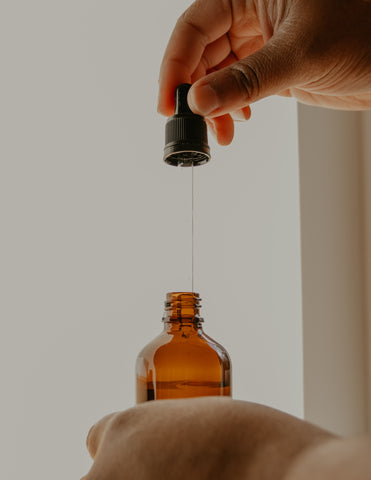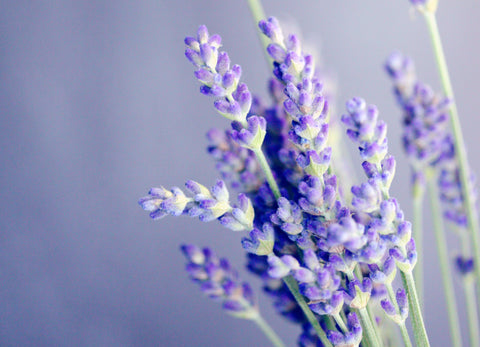Essential Oils Are The Life Blood Of A Plant
These oils are highly concentrated, volatile compounds/substances extracted from various parts of plants, such as seeds, bark, leaves, stems, roots, flowers and fruit flowers. They are widely used in aromatherapy, a holistic healing practice that utilizes the scents of these oils to promote emotional and physical well-being.
The specific composition of an essential oil depends on the plant species, the part of the plant used, the extraction method, amongst other factors.

What’s in an Essential Oil?
Essential oils are composed of a wide variety of organic compounds, with each oil having its own unique chemical profile. These compounds are responsible for the characteristic aromas and potential therapeutic properties of essential oils. The primary classes of compounds found in essential oils include terpenes, phenols, aldehydes, esters, alcohols, ketones, oxides and ethers.
A good understanding of the chemical composition of essential oils is critical when using essential oils for therapeutic purposes, with the correct dilution, and at Azurlis™ we believe in using as like as required, considering that the skin is our biggest organ and that some of the compounds can have quite varied effects on the body and mind.

Aromas & Emotions
Also, different essential oils are associated with specific aromas and can induce a range of emotions and psychological responses. Some of these properties were recognised by the ancient Egyptians who used essential oils for their beneficial effects on the body, mind and spirit, as well as in embalming processes, having learnt the extraction methods rom the Mesopotamians, dating back to 3,500 BC.
But, as well documented in the work of Valerie Ann Worwood, especially in her book the “Aromatherapy of the Soul”,(1999)
the Egyptians were not the only ones using essential oils, as the latter were also developed/applied in the traditional Chinese healing system as well as the Indian Ayurvedic Medicinal approach, dating back to the same period. Thus, we can truly say that essential oil use is part of our history.
In more recent times, intensive research focus on essential oils health benefits, especially on their positive impact on mood and how this enhances our wellbeing. This is something that herbalists and aromatherapists have long known, and that brain scientists have been investigating, summarized in the words of Alan Hirsch M.D., neurological director of the Smell and Taste Research Foundation in Chicago – “…aroma evokes our deepest emotions.”
Essential Oil Aromas, Brain Triggers and Relaxation – Elevate Mood & Productivity
Since the inhalation of certain scents trigger our brain to recall particular events or emotions, selection of those scents that have a positive association can help our emotional and physical state, and indeed certain relaxing aromas are able to reduce stress-induced muscle tension.
And, what about using subtle but pleasant scents in our working environment? The key is on the subtle, as we all have different responses to scent intensity, but curiously this is being tried out to elevate mood and productivity.
As new buildings are being designed, they include ventilation systems that releases calming lavender and rosemary aromatherapy scents to soothe waiting customers, while employees are being kept alert with stimulating aromas like lemon and eucalyptus.
So, Essential Oils: a case of scent for thought?



